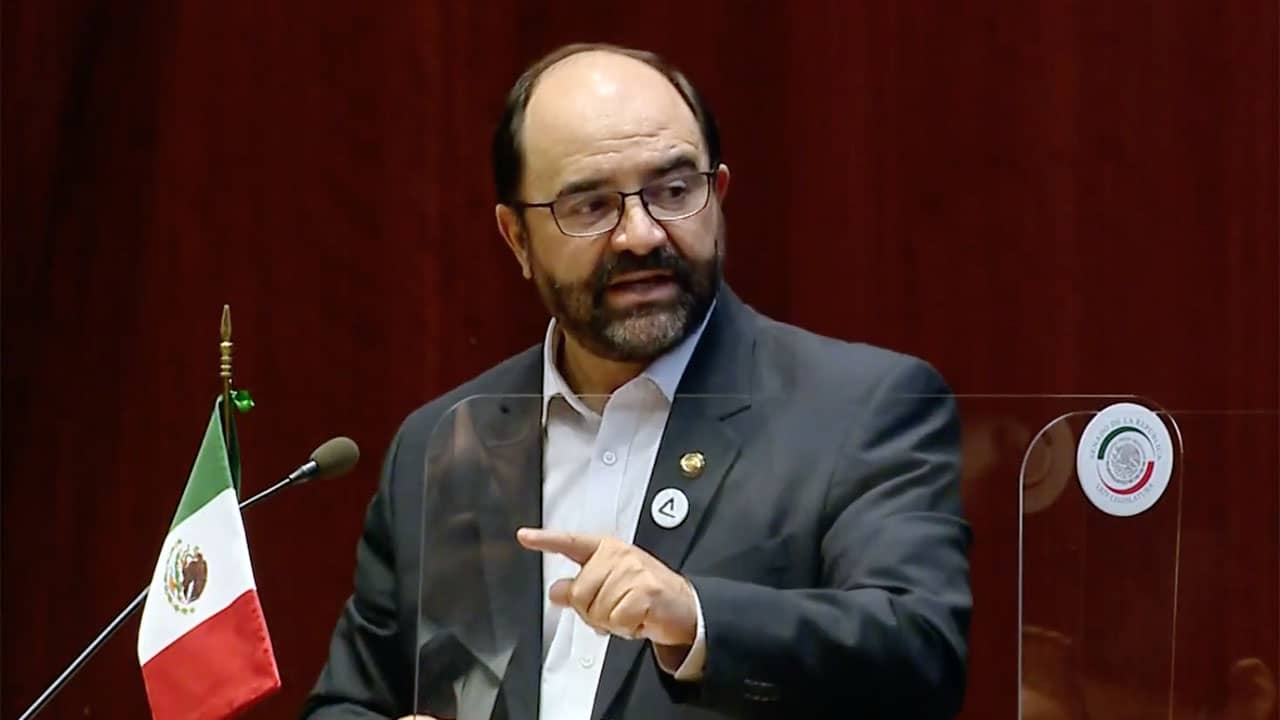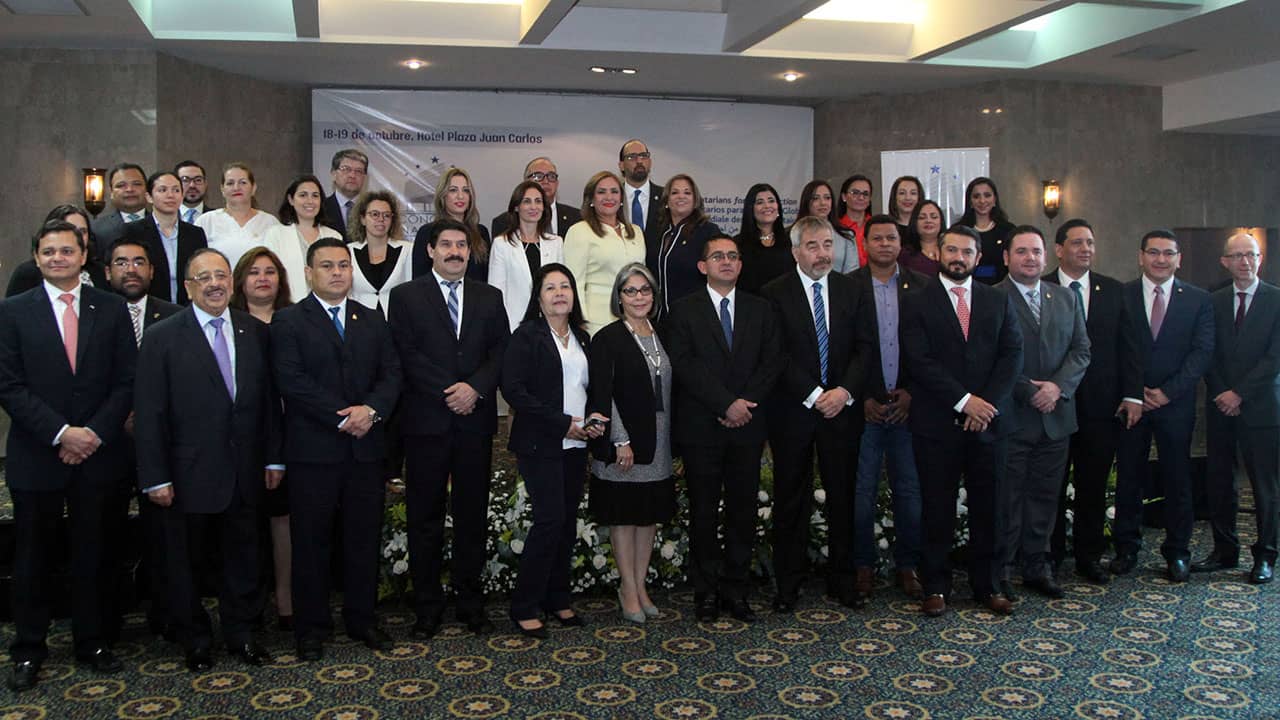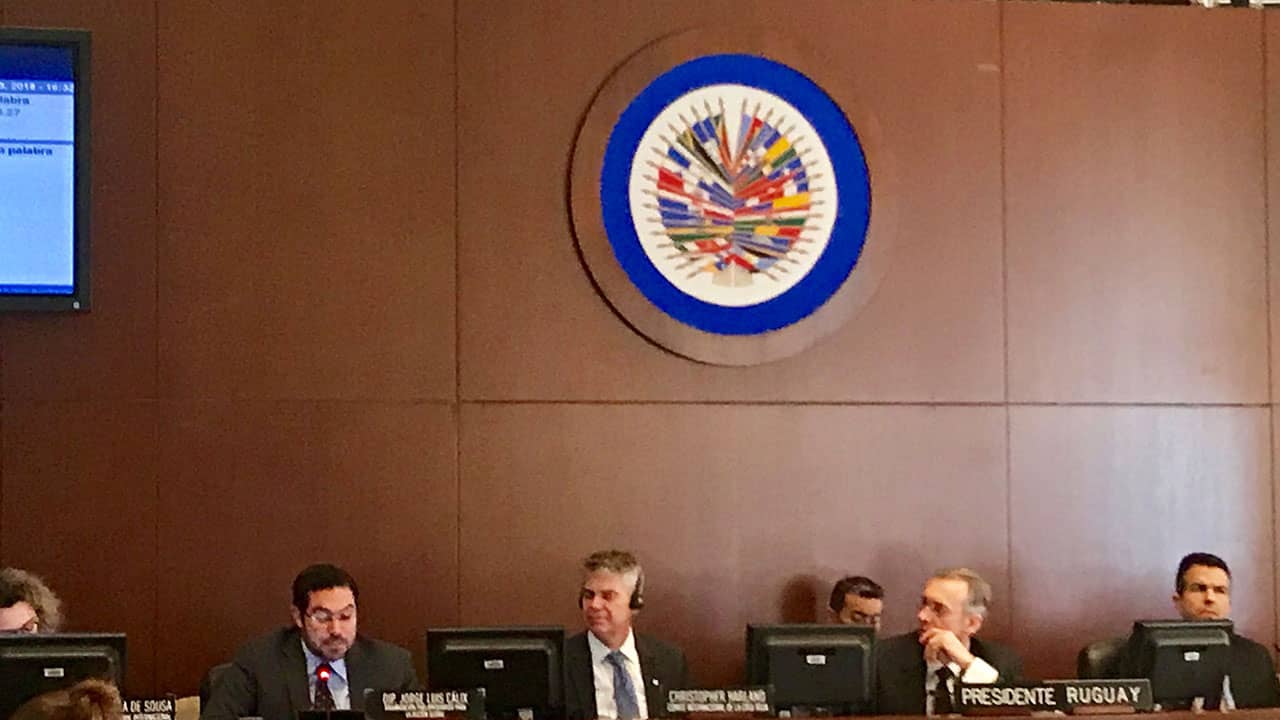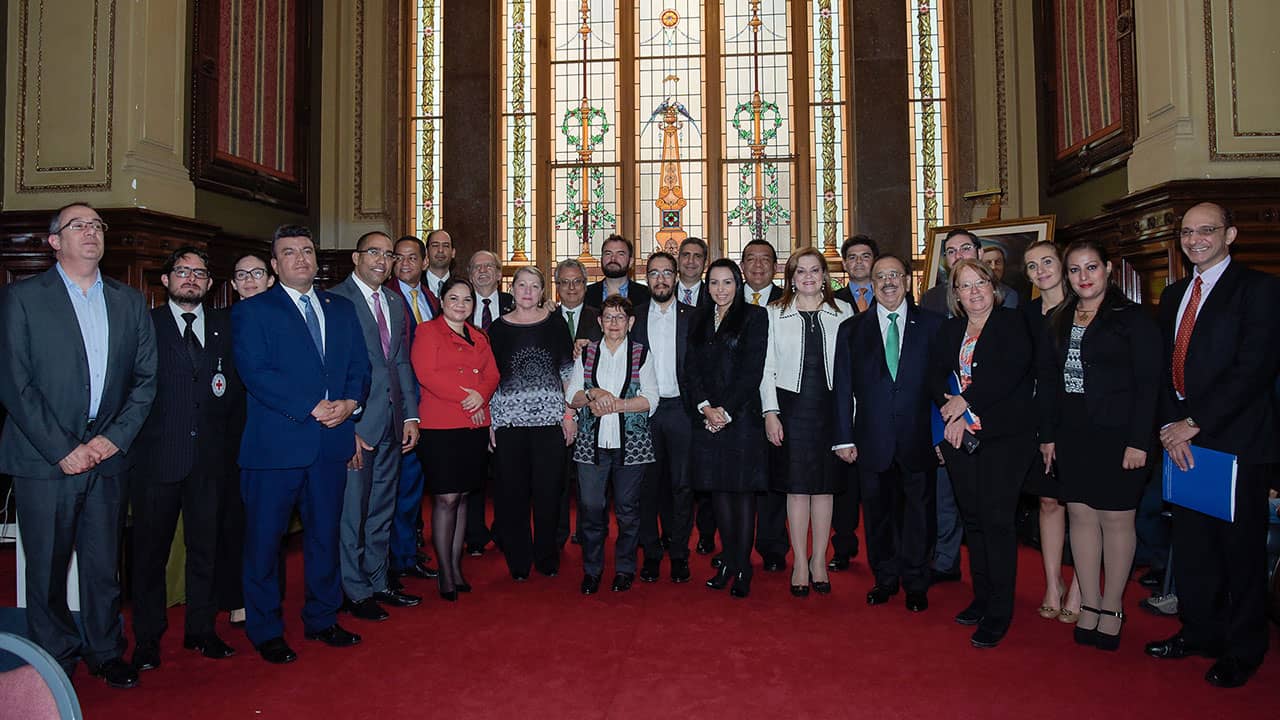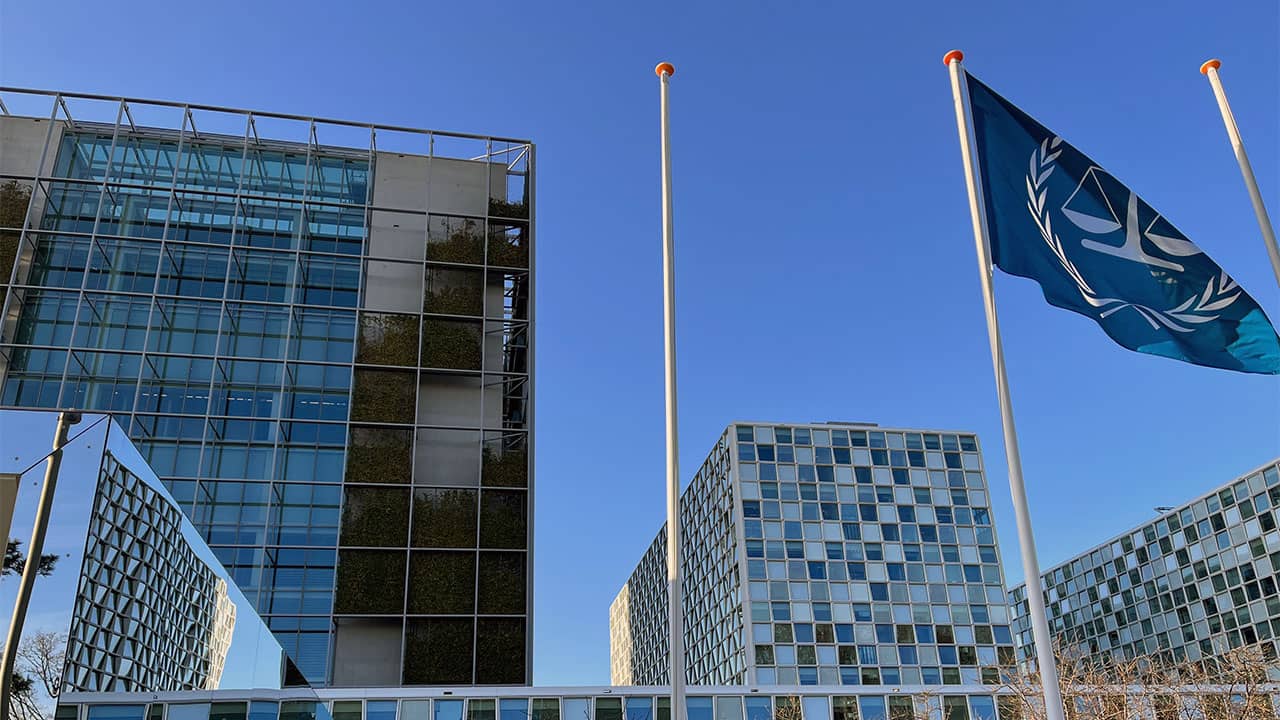In 2011, Mexico was reviewing its Federal Criminal Code. The Mexican Ministry of Foreign Affairs worked on a draft Rome Statute implementing legislation that would be adopted as a specific section within the Federal Criminal Code. During the Review Conference, Mexico had pledged to present an amendment bill in the first trimester of 2011.
Regarding the legislation on cooperation with the International Criminal Court (ICC), on 15 December 2009, the Mexican Senate submitted a bill to the Lower House of Congress (Cámara de Diputados). One of the obstacles to the approval of this bill derived from a 2005 amendment to article 21 of the Constitution, which added paragraph 8 establishing that “the Executive can, upon the approval by the Senate on a case-by-case basis, recognize the jurisdiction of the ICC.” Academics and civil society have considered this amendment incompatible with the Rome Statute.
Since 2012, PGA has been working on the implementation of the Rome Statute in Mexico. Due to internal political issues, the implementation bill and the constitutional amendment to remove possible obstacles to cooperating with the ICC have been delayed. Several requests from various political parties have prompted PGA to provide advice and technical support on the ICC cooperation bill and encourage the Executive to submit a complementarity bill and proposal to bring the penal code in line with the Rome Statute.
On 16-17 September 2013, PGA organized a Sub-Regional Working Group on Challenges for the Effectiveness of the Rome Statute system in the Americas at the Parliament of Uruguay, Montevideo, attended by two MPs from Mexico. In this Workshop on implementing legislation, parliamentarians asked experts about implementing the Rome Statute in their own countries. PGA pointed out that there was a significant legal barrier in the Constitution of Mexico to allow cooperation with the ICC. After the Workshop, two PGA members from the opposition presented, on 10 February 2014, in Legislature LXII of the House of Representatives, an initiative to amend the eighth paragraph of Article 21 and enable effective cooperation with the ICC by eliminating the need for a decision of the Executive in consultation with the Senate when the ICC requests cooperation. PGA issued a Press Release encouraging its members from Latin America to send an open letter in support of the initiative and called on other MPs to support it. In March 2014, Dip. Ortiz and Dip. Tapia sent the Constitutional Committee members an open letter in support of the Constitutional Reform Initiative.
The constitutional amendment initiative, which sought to amend Article 21 paragraph 8 in order to provide complementary legislation that grants full cooperation with the ICC, was supported by 30 other MPs (from the PRD, the PT, and Movimiento Ciudadano party, including the President of the Constitutional Affairs Committee, Dip. Julio César Moreno). It was under revision in the Committee. On 2 April 2014, the committee rejected the proposal by one vote (10 in favor, 11 against).
Despite this, new efforts to harmonize the national law with the Rome Statute provisions have been carried out. On 25 October 2022, Sen. Emilio Álvarez Icaza and his colleagues presented a draft law to amend the constitution, which includes the imprescriptibility of genocide, crimes against humanity, war crimes, and the crime of aggression. This draft also included the full recognition of the jurisdiction of the ICC and added new sections to empower Congress to issue legislation on cooperation with the Court and legislate on genocide, crimes against humanity, war crimes, and the crime of aggression.
On 4 November 2021, the PGA Secretariat shared with Sen. Icaza a draft parliamentary resolution on the ratification of Kampala amendments and newer Rome Statute amendments. On 9 November 2022, Sen. Icaza presented a proposal urging the Executive to publish the draft law on the ratification of Article 8 amendments of the Rome Statute, unanimously approved by the Senate on 9 September 2021.
| Signature, Ratification of/Accession to the Rome Statute of the ICC | |
|---|---|
| Signature Date: | 7 September 2000 |
| Ratification Date: | 28 October 2005 |
| Amendments to the Rome Statute | |
|---|---|
| Ratification of the Kampala Amendment to Article 8 of the Rome Statute on war crimes [poison and expanding bullets in NIAC] (2010): | Yes, accepted on 20 January 2023. |
| Ratification of the Kampala Amendment to the Rome Statute on the crime of aggression reflected in Article 8 bis (2010): | No |
| Ratification of the Amendment to Article 124 of the Rome Statute (2015): | No |
| Ratification of the Amendment to Article 8 of the Rome Statute on war crimes [biological weapons] (2017): | Yes, accepted on 20 January 2023. |
| Ratification of the Amendment to Article 8 of the Rome Statute on war crimes [blinding laser weapons] (2017): | Yes, accepted on 20 January 2023. |
| Ratification of the Amendment to Article 8 of the Rome Statute on war crimes [non-detectable fragments] (2017): | Yes, accepted on 20 January 2023. |
| Ratification of the Amendments to Article 8 of the Rome Statute on war crimes [starvation as a war crime in NIAC] (2019): | No |
| Adoption of implementation legislation of the Rome Statute of the ICC | |
|---|---|
|
The Federal Criminal Code of Mexico (14 August 1931) only criminalizes Genocide under Art. 149-Bis. There is no reference to Crimes Against Humanity, War Crimes, or the Crime of Aggression.
|
|
| Cooperation Agreements | |
|---|---|
| Ratification of Agreement on Privileges and Immunities of the Court (APIC): | Yes, acceded on 26 September 2007. |
| Signature of Agreement of Enforcement Sentences with the ICC: | No. |
| Signature of Agreement of Interim and Final Release with the ICC: | No. |
| Signature of Bilateral Immunity Agreement with the USA: | No. |

